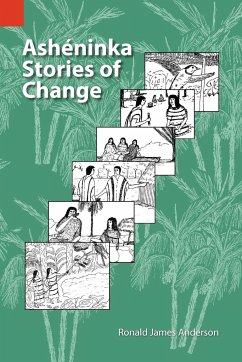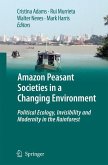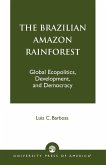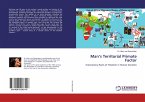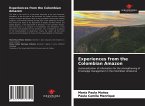Modern economic and technological changes are accelerating the rate of social change in indigenous cultures around the world. The Ashéninka of the Amazon jungle region of east-central Peru confront change from two perspectives: the individual and the sociohistorical. All Ashéninka recall through their stories the four centuries of change since their earliest contacts with Spanish speakers. For the Ashéninka, all learning is situated in a complex blend of factors: history, beliefs, motives, practices, and persons. Children learn some skills in a guided manner, similar to apprenticeship, in which an adult consciously aids the child. They learn other skills in a nonguided manner; the child organizes the learning activities, which take the form of dramatic play, solitary experimentation, and collaborative learning with peers. As with learning traditional Ashéninka culture, the learning of a new culture is situated in its own complex blend of factors. Increasing contact with Spanish-speakers and increasing dependence on the market economy prompt the Ashéninka to give more value to learning Spanish, to organizing into villages, and to giving their children a school education. Anderson's methodology in studying social change and its effects on education are applicable in many other parts of the world.
Hinweis: Dieser Artikel kann nur an eine deutsche Lieferadresse ausgeliefert werden.
Hinweis: Dieser Artikel kann nur an eine deutsche Lieferadresse ausgeliefert werden.
